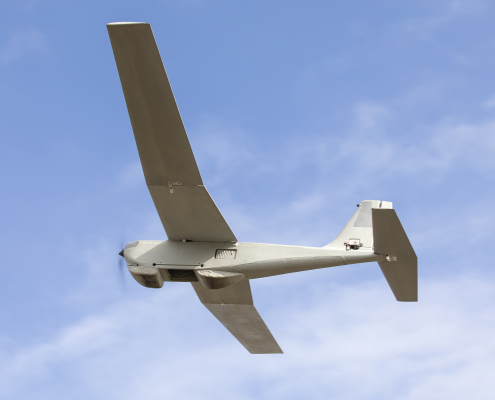Trusted Autonomous Systems, AI and Automation
Effective integration of information across machines (autonomous systems, AI, automation) and humans to achieve decision superiority on the modern battlefield. Applications include surveillance and reconnaissance, real-time information processing and enabling new actions to be planned and executed with reduced risk to personnel and expensive platforms.
UWA researchers from diverse disciplines including computing and information systems, engineering, statistics and the psychological science work to achieve decision superiority on the battlefield via human-machine teaming and/or autonomous and intelligent systems.
Capabilities and UWA Competitive Advantage
- Expertise in natural language processing, machine learning, human-machine teaming and explainable AI.
- Advanced algorithms for improved automation, collaborative reasoning and decision-making processes in human-machine teams.
- Measuring and improving human trust in automation, designing for transparent automation, and computational modelling of how humans allocate attention and make decisions when teaming with machines.
- Computational systems that adapt to or learn from the data, knowledge or environment in which they are working. These systems employ evolutionary, learning, optimisation and modelling techniques to solve or improve performance on complex problems. Current projects in the artificial intelligence area include but not limited to:
- computational intelligence techniques for optimisation, modelling and control
- applications of multi-objective evolutionary algorithms
- evolutionary optimisation and design
- hypervolume calculation for multi-objective optimisation
- Techniques that allow systems to sense and move within their own environment in either a fully self-directed or human-guided fashion.
Key contact
Professor Shayne Loft
Director, Human Factors and Applied Cognition Laboratory
Phone: +61 8 6488 4610
Email: shayne.loft@uwa.edu.au
Outcomes and Impact
- Robotics and automation research with demonstrated applications in defence, mining and energy, medicine, advanced manufacturing and agriculture.
- Autonomous mobile robots, include intelligent driving and walking robots, autonomous underwater vehicles, and uncrewed aerial vehicles (reflecting outcomes from multidisciplinary collaboration between AI, computer vision, control robotics, signal and image processing robotics and automation).
- Extracting useful information and patterns (e.g. knowledge graphs) from large collections of industry data.
- Best practice guidelines for designing transparent and usable human-machine work systems
- A Non-Kinetic Misinformation Wargame that models operations in the information environment and can provide scenario-based training for defence on the online dynamics of social disinformation.
Facilities
- Human Factors and Applied Cognition Laboratory – Task simulation facilities (eg submarine command and control, uninhibited vehicle management, maritime/air contact classification, air traffic control, driving) for human-machine teaming experimentation (human in-the-loop studies)
- UWA Robotics Lab – developing concepts for the next generation of intelligent mobile robots. Facility includes EyeBot Mobile Robots, EyeSim Robot Simulation, RoBIOS Robot OS
- Machine Intelligence Group – Computer Vision, Machine Learning, Deep Learning and Pattern Recognition



